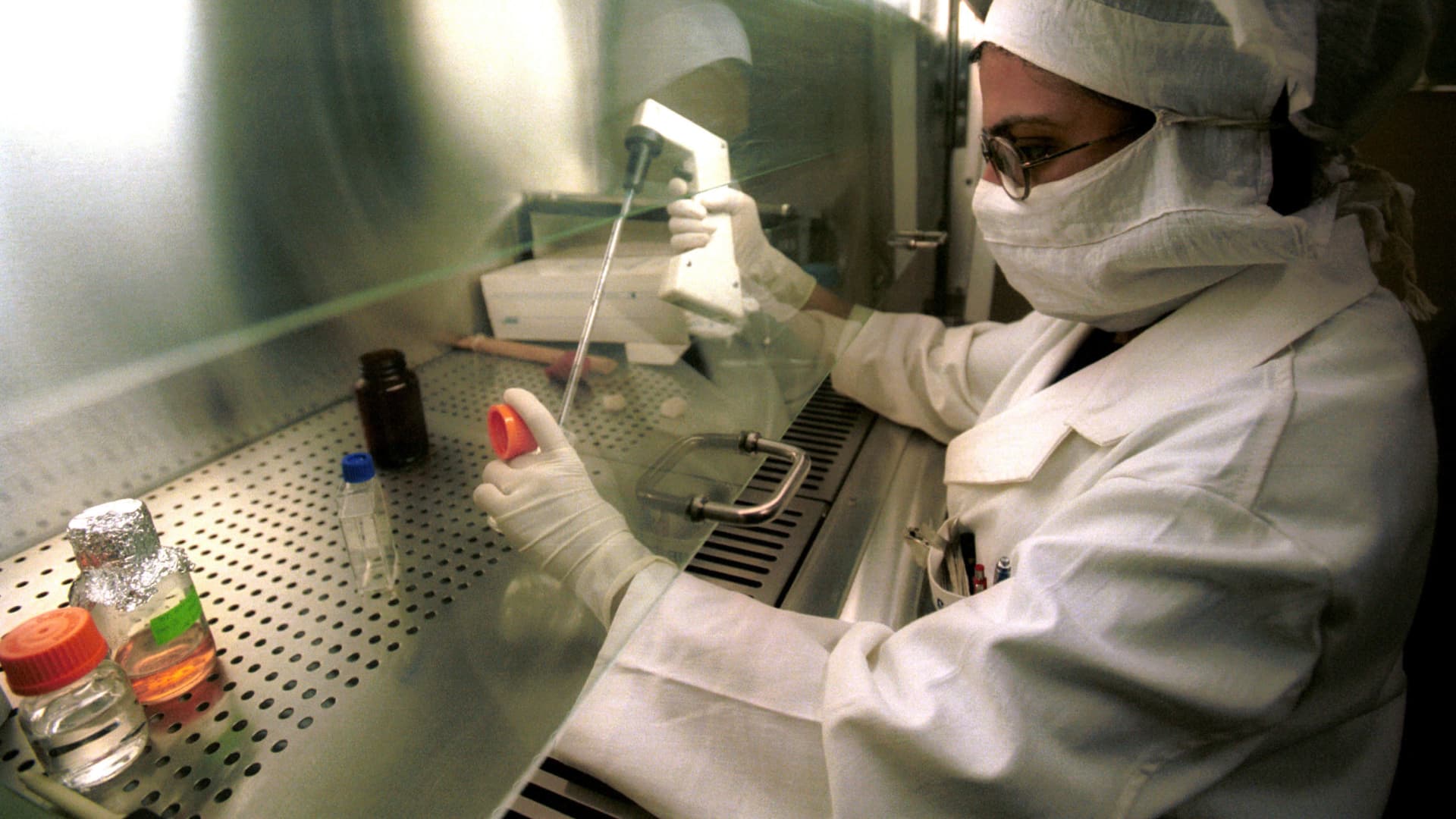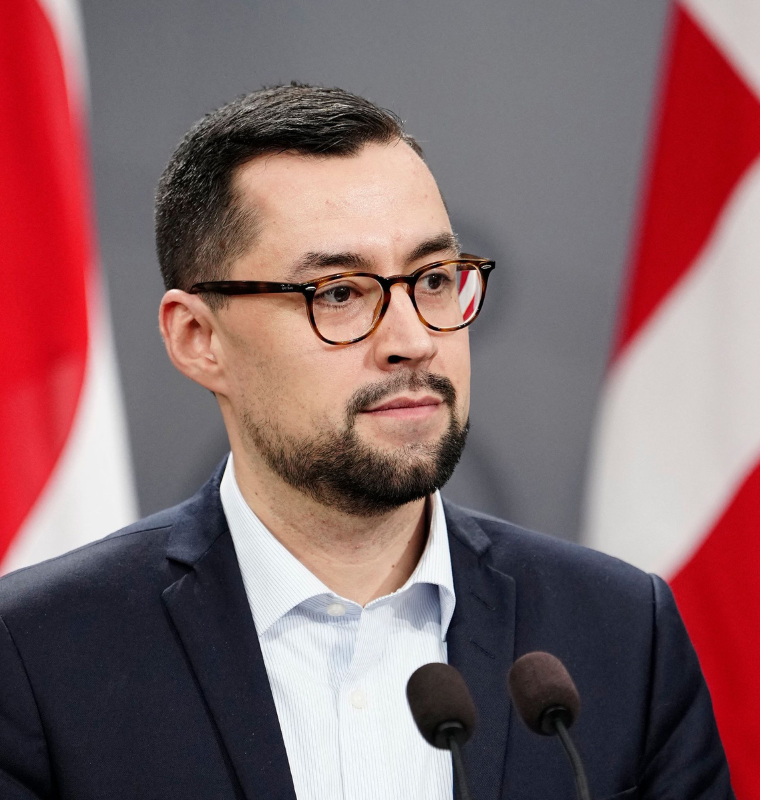U.S. Pharma Tariffs Leave Indian Generic Drugmakers Largely Unscathed, But Investor Anxiety Rises
U.S. Pharma Tariffs Leave Indian Generic Drugmakers Largely Unscathed, But Investor Anxiety Rises
By
Junia Wells
Last updated:
September 29, 2025
First Published:
November 30, 2025

MUMBAI, INDIA - MARCH 3: A technician works at a Cipla laboratory March 3, 2002 in Vikhrohi, Mumbai, India. | Jean-marc Giboux | 3rd Party - Misc | Getty Images
Indian Pharma Sector Mostly Shielded
U.S. President Donald Trump’s decision to impose 100% tariffs on patented and branded drugs is expected to have limited direct consequences for India’s pharmaceutical industry. Most Indian drugmakers primarily export generic medications to the U.S., meaning the tariffs on branded drugs largely bypass them.
Sudarshan Jain, an official at the Indian Pharmaceutical Alliance, confirmed that the move is unlikely to significantly affect Indian exports. “Most Indian companies are focused on generic drugs,” he noted.
Investor Reaction and Market Impact
Despite minimal actual impact, Indian pharma stocks fell sharply on Friday. Shares of Sun Pharmaceutical dropped 2.5%, Divi’s Laboratories declined 3.5%, and the Nifty Pharma Index slipped over 2%. Analysts suggest that global investors are reacting to a series of recent trade and economic developments, rather than the tariffs themselves.
Ayush Abhijeet, director of investments at White Oak Capital Partners, explained that investor jitters are tied to the broader sequence of U.S.-India trade tensions. “There has been a ratcheting of challenges to the Indian economy,” he said, referencing prior U.S. tariffs of 25% and 50% on India, along with the recent H-1B visa fee hike.
Trade Tensions Beyond Pharma
The U.S. first imposed 25% tariffs on India in August, later increasing to 50% in response to India’s purchase of Russian oil. White House trade advisor Peter Navarro characterized the purchases as part of “Modi’s war” amid the Ukraine conflict.
These tariffs have primarily affected Indian textile, gems and jewelry, and marine product exports. However, the overall impact on India’s economy has been limited due to strong domestic private consumption. The recent $100,000 fee on new H-1B visa applications has also heightened concerns, disproportionately affecting Indian workers seeking U.S. employment.
Strategic Considerations and Market Outlook
Experts suggest that the recent string of U.S. measures may be a negotiation tactic to accelerate a trade deal with India. Gyanendra Tripathi, partner at BDO Partners, noted that the moves could be aimed at gaining leverage in broader negotiations.
Abhijeet highlighted India’s competitive advantage in generic pharmaceuticals. “Even if the U.S. were to impose tariffs on Indian generic drugs, I would not be overly concerned,” he said. Generic drug exporters have few substitutes, meaning most of any cost increases would likely be passed on to end consumers rather than significantly hurting Indian manufacturers.
While Trump’s 100% tariffs on branded drugs have rattled investors, India’s generic-focused pharmaceutical sector remains largely insulated. Market volatility reflects broader geopolitical and trade anxieties rather than immediate threats to earnings, and analysts believe India’s pharma exports retain strong global competitiveness.
Popular articles
Subscribe to unlock premium content
Snow, Silence, and Splendor

The $60 Million Market for Ultra-Exclusive Executive Pop-Up Experiences

Conquering the Poles in Absolute Luxury

Snow, Silence, and Splendor

The $60 Million Market for Ultra-Exclusive Executive Pop-Up Experiences

Snow, Silence, and Splendor









